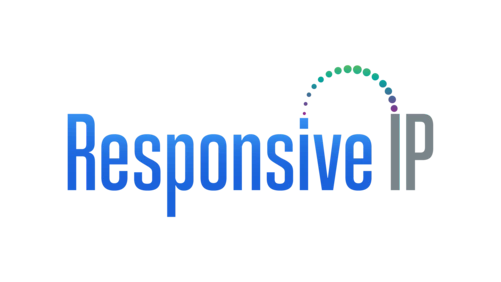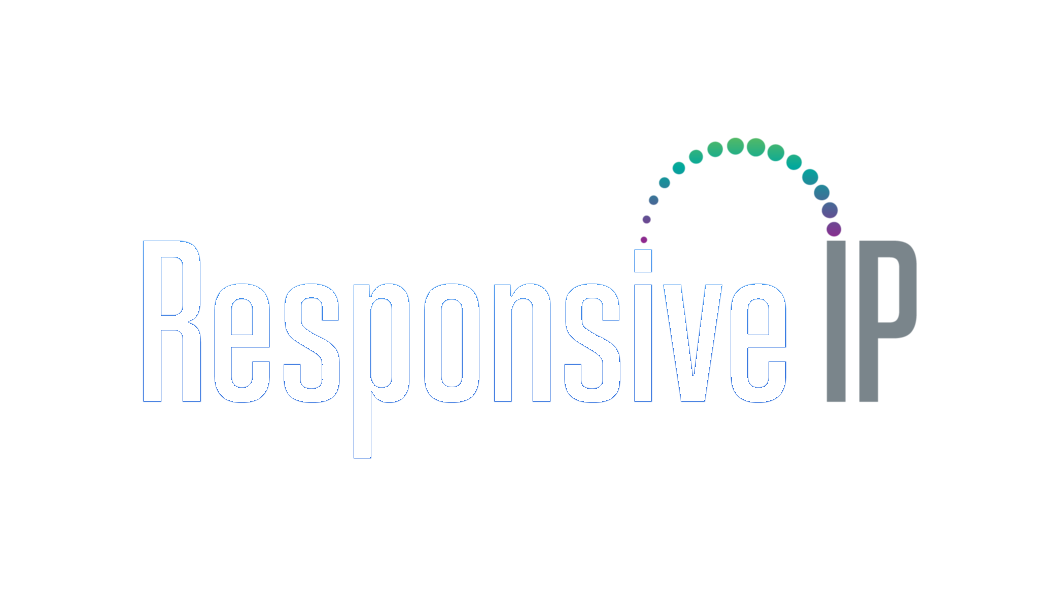How to Record All Phone Calls: 5 Effective Methods Unveiled
Introduction
Are you seeking effortless ways to store vital phone conversations? The need for comprehensive call recording spans various sectors, such as healthcare and finance. Explore the top 5 methods tailored to capture and archive your business calls efficiently.
5 Ways to Record VoIP Calls
There are a few different ways to record VoIP calls. Here we list the top 5 ways to effectively record calls, highlighting advantages and disadvantages
Port Mirroring
Port mirroring, a conventional technique employed on network switches, duplicates network packets from one port to another. It is a reliable method for continuous monitoring across various applications, including intrusion detection and VoIP call recording. However, its reliance on on-premise hardware installation demands careful maintenance and configuration. Improper management can lead to potential data loss or missed calls. Despite its effectiveness in mirroring inbound and outbound traffic on multiple platforms, its hardware-based nature might pose operational challenges, requiring technical expertise and consistent monitoring to ensure optimal functionality.
Call Recording Devices
Utilizing standalone recording devices attached to phones presents a straightforward solution for call recording. These devices, available for as low as $100, allow users to initiate recording by simply clicking a button. However, the limitation arises when considering businesses with multiple employees, necessitating a device for each user. This setup results in recordings being stored separately, demanding manual oversight and management. Furthermore, the restricted storage capacity of such devices poses a potential hurdle in archiving extensive call data. Although cost-effective and user-friendly, the manual operation and storage limitations may hinder scalability for larger businesses.
Local Recording Clients
Local recording facilitates the storage of voice and video calls directly onto a user’s computer or laptop. Services like Skype or Zoom offer this functionality. While ideal for small-scale recording needs, its efficacy must improve in managing large volumes of inbound and outbound calls. Additionally, its feasibility for recording VoIP calls might depend on the service provider, requiring subscriptions for access or offering it as a free feature. This method might involve repetitive recording for each call or user, resulting in a tedious process. Despite the convenience of uploading recordings to platforms like Google Drive or Dropbox, the requirement for repeated manual recording and the service-specific limitations may not be suitable for businesses with extensive call volumes or those seeking streamlined recording processes.
Online Recording Applications and Tools
Online recording applications, desktop recorders, or web extensions present accessible options for call recording. However, their ease of access only sometimes guarantees high-quality recordings. These tools may vary in storage capacity and sharing abilities, posing potential limitations on recording quality and archival capabilities. While they provide convenient accessibility, primarily through web extensions or downloadable applications, their consistency in producing high-quality recordings might vary. Furthermore, the diversity in available tools might complicate the decision-making process, as different applications may have distinct features, storage options, and compatibility factors, impacting their suitability for diverse business needs.
Hosted Recording
Hosted call recording services from VoIP service providers offer automated solutions for recording inbound and outbound calls. For instance, United World Telecom provides this feature as a premium service. With hosted recording, businesses gain the advantage of automated call archiving that integrates seamlessly with their VoIP service provider. This solution allows for customization of the percentage of calls to be recorded and the duration for storing these recordings, extending up to six years. The feature operates with the business’s control panel, ensuring automatic and centralized recording accessible from any device. This automated approach eliminates the need for manual initiation, simplifying the recording process for businesses handling a large volume of calls. Furthermore, the customizable settings for call recording percentage and extended storage duration provide flexibility, making it a scalable solution catering to diverse business call recording requirements.
Choosing the Right Method for You
Selecting the optimal recording method depends on specific business needs and budget constraints, with each technique catering differently to varying requirements.
Factors to Consider Before Recording All Calls
Understanding nuanced aspects like call quality, scalability, and security is crucial before deciding on a suitable call recording method.
Understanding Your Recording Needs
Assessing your business’s call recording requirements helps determine whether a comprehensive or selective approach to call archiving is necessary. Clarifying these needs refines the choice of a suitable recording method.
Budget-Friendly Options for Call Recording
Exploring cost-effective call recording methods aligned with your budget allows for selecting a suitable solution. Multiple options cater to different financial capacities, from standalone devices to subscription-based services.
Ensuring Call Quality in Recording Solutions
Ensuring that call recording keeps the quality of conversations is essential. Evaluating how each method impacts call clarity is vital to maintaining high-quality recordings.
Scalability & Storage Concerns
Considering the scalability of chosen recording methods as your business grows is critical. Assessing storage capacities helps avoid data overload, ensuring seamless call recording operations.
Security Measures for Recorded Calls
Implementing robust security measures for recorded calls is imperative. Choosing a method that complies with industry security standards helps protect sensitive information stored within these recordings.
Each of these methods presents distinct advantages and limitations. Tailoring your choice to your business’s needs guarantees efficient and effective call recording without compromising quality or security.
Conclusion: Selecting Your Ideal Recording Method
Choosing the most suitable recording method involves considering your business’s specific needs and constraints. Balancing functionality, cost-effectiveness, and scalability helps determine the ideal way for your call recording requirements.
Also Read Why Would Someone Use a VoIP Number?
FAQs on Recording All Phone Calls
1. How secure are recorded calls?
Ensuring secure storage of recorded calls is paramount. Opt for methods complying with stringent encryption protocols and industry standards for data protection.
2. Can I record all calls with a single device?
Recording all calls with a single device might not be feasible for businesses with multiple users. It may require deploying separate devices or opting for scalable solutions.
3. Which method suits high call volumes?
Hosted recording or port mirroring might be more suitable for businesses with high call volumes due to their automated nature and scalability.
4. What impacts call recording quality?
Call recording quality can be affected by network stability, device compatibility, and the capabilities of the chosen recording method. Selecting a technique that ensures optimal call clarity is essential.
5. How long can I store recorded calls?
The duration for storing recorded calls varies across methods and service providers. Some allow storage for several years, while others might have limitations based on storage capacities or subscription plans.
Exploring these FAQs provides deeper insights into effective call-recording solutions tailored to your business needs. Evaluating the pros and cons of each method in light of your business requirements will assist in selecting the most suitable call recording solution.


